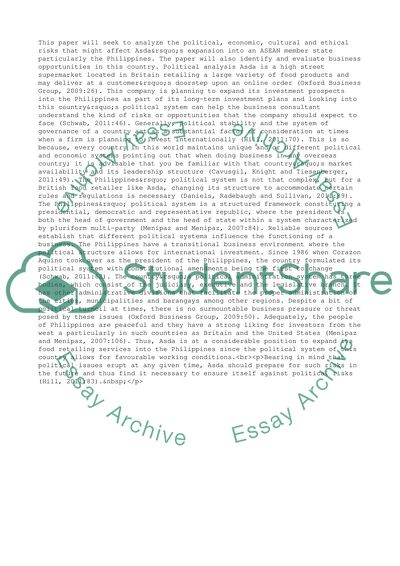Cite this document
(“A major British international food retailer has appointed you as a Essay”, n.d.)
A major British international food retailer has appointed you as a Essay. Retrieved from https://studentshare.org/business/1460683-a-major-british-international-food-retailer-has
A major British international food retailer has appointed you as a Essay. Retrieved from https://studentshare.org/business/1460683-a-major-british-international-food-retailer-has
(A Major British International Food Retailer Has Appointed You As a Essay)
A Major British International Food Retailer Has Appointed You As a Essay. https://studentshare.org/business/1460683-a-major-british-international-food-retailer-has.
A Major British International Food Retailer Has Appointed You As a Essay. https://studentshare.org/business/1460683-a-major-british-international-food-retailer-has.
“A Major British International Food Retailer Has Appointed You As a Essay”, n.d. https://studentshare.org/business/1460683-a-major-british-international-food-retailer-has.


